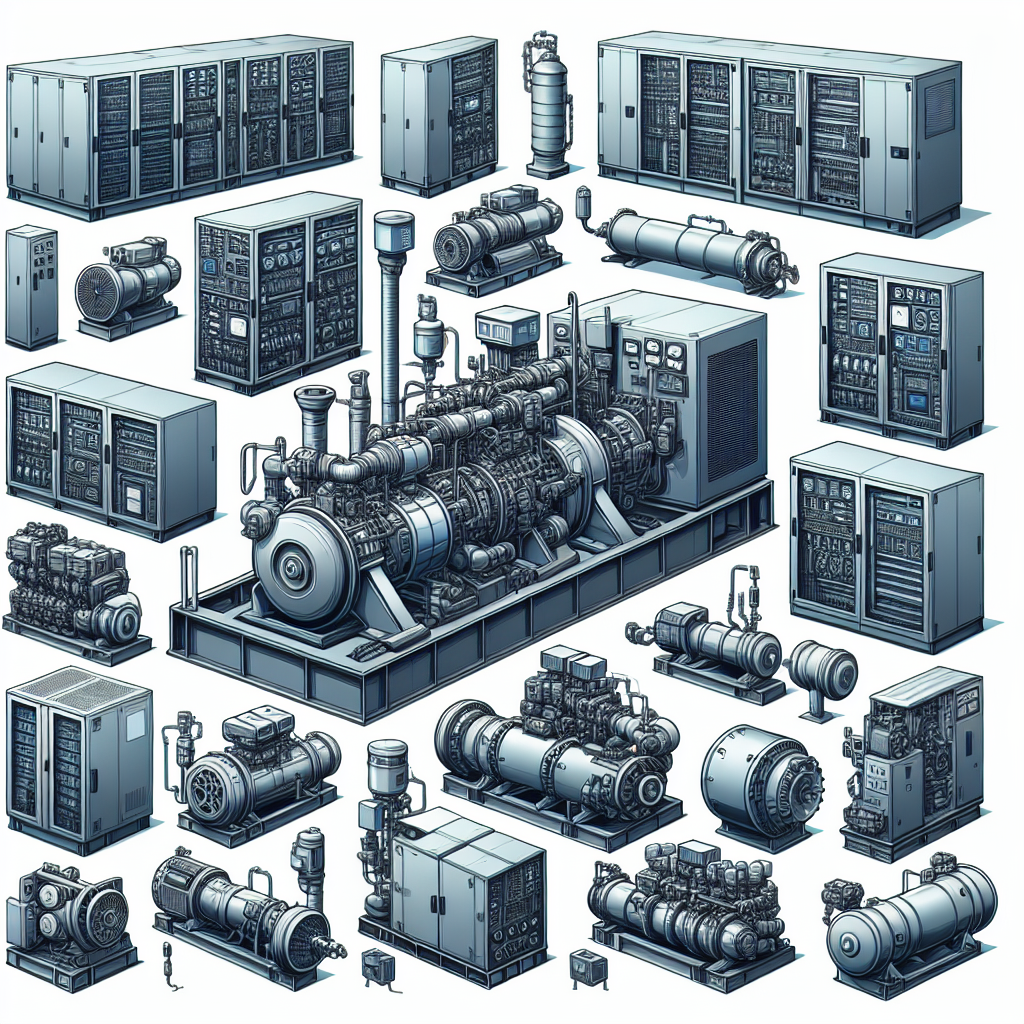Your cart is currently empty!
Understanding the Different Types of Generators for Data Centers

Data centers are essential for storing and managing large amounts of data for businesses and organizations. To ensure uninterrupted operations, data centers rely on generators to provide backup power in case of a power outage. However, not all generators are created equal, and it’s important to understand the different types of generators available for data centers.
1. Diesel Generators:
Diesel generators are the most common type of generators used in data centers. They are reliable, efficient, and cost-effective. Diesel generators use diesel fuel to power an engine, which in turn generates electricity. These generators are capable of providing continuous power for extended periods of time, making them ideal for data centers that require a reliable backup power source.
2. Natural Gas Generators:
Natural gas generators are becoming increasingly popular for data centers due to their lower emissions and cost-effective fuel source. These generators use natural gas to power an engine, which generates electricity. Natural gas generators are cleaner and quieter than diesel generators, making them a more environmentally friendly option for data centers.
3. Propane Generators:
Propane generators are another option for data centers that are looking for a cleaner and more cost-effective fuel source. Propane generators use propane gas to power an engine, which generates electricity. Propane generators are easy to maintain and have a longer shelf life than diesel generators, making them a reliable backup power source for data centers.
4. Bi-Fuel Generators:
Bi-fuel generators are a hybrid option that combines diesel and natural gas to power an engine. These generators can switch between diesel and natural gas depending on fuel availability, making them a versatile option for data centers. Bi-fuel generators are more fuel-efficient and environmentally friendly than traditional diesel generators, making them a popular choice for data centers looking to reduce their carbon footprint.
5. Hybrid Generators:
Hybrid generators combine multiple power sources, such as solar panels, batteries, and traditional fuel sources, to provide backup power for data centers. These generators are ideal for data centers that are looking to reduce their reliance on fossil fuels and incorporate renewable energy sources into their backup power systems. Hybrid generators are efficient, cost-effective, and environmentally friendly, making them a sustainable option for data centers.
In conclusion, understanding the different types of generators available for data centers is crucial for ensuring uninterrupted operations in case of a power outage. By considering factors such as fuel efficiency, reliability, and environmental impact, data centers can choose the right generator to meet their backup power needs. Whether it’s a diesel, natural gas, propane, bi-fuel, or hybrid generator, there are plenty of options available to keep data centers running smoothly and efficiently.

Leave a Reply